Question And Answer
Publications
Articles, publications, books, tools and multimedia features from the U.S. Institute of Peace provide the latest news, analysis, research findings, practitioner guides and reports, all related to the conflict zones and issues that are at the center of the Institute’s work to prevent and reduce violent conflict.
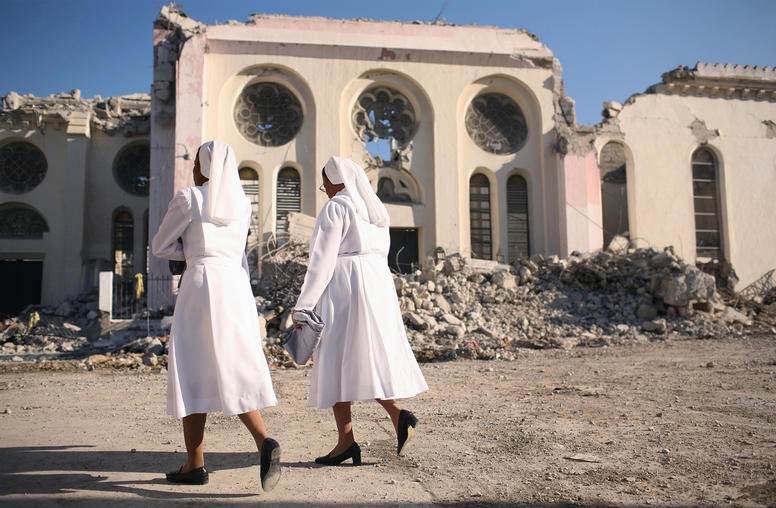
How Religious Actors Can Help Address the Western Hemisphere’s Biggest Challenges
On the sidelines of this year’s Summit of the Americas, the Interreligious Forum of the Americas brought together over 100 religious actors, faith-based organizations and governments to discuss how strategic engagement with religious and interreligious actors can help address the hemisphere’s most pertinent issues.
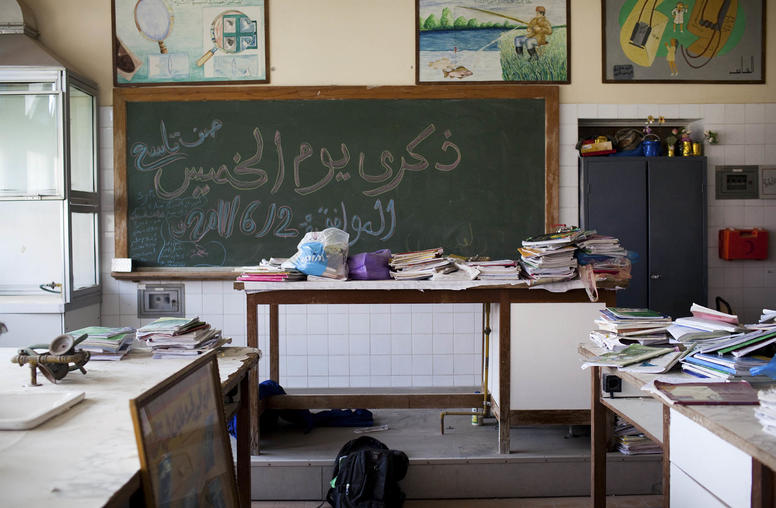
How Teaching Tolerance Can Promote Peace
Instability, conflict and human rights abuses are daily occurrences worldwide, often driven by hostility based on religion, belief or ethnicity. As policymakers look for ways to get upstream of potential human rights abuses, tolerance education can play a crucial role in preparing students to live in peace in our increasingly diverse world. The Transforming Education Summit, to be convened by U.N. Secretary-General António Guterres on September 16-19, provides an important opportunity to elevate tolerance education into the global education movement.
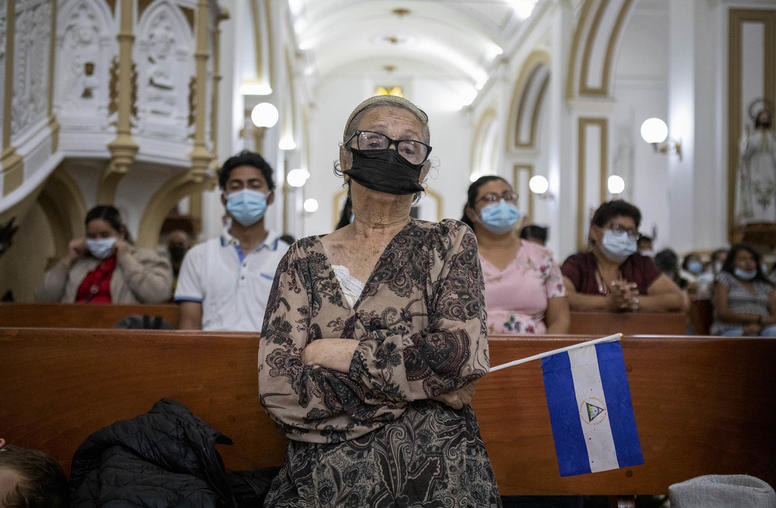
In Nicaragua, Crackdown on Religious Actors Further Imperils Return to Democracy
In recent months, Nicaragua’s government has escalated its effort to silence dissent by waging a systematic campaign of repression against the Catholic Church. Nicaraguan President Daniel Ortega and Vice President Rosario Murillo’s crackdown on clergy and church-affiliated organizations critical of their authoritarian regime not only threatens Nicaragua’s religious freedom but also erects significant roadblocks to the country’s return to peace and democracy.
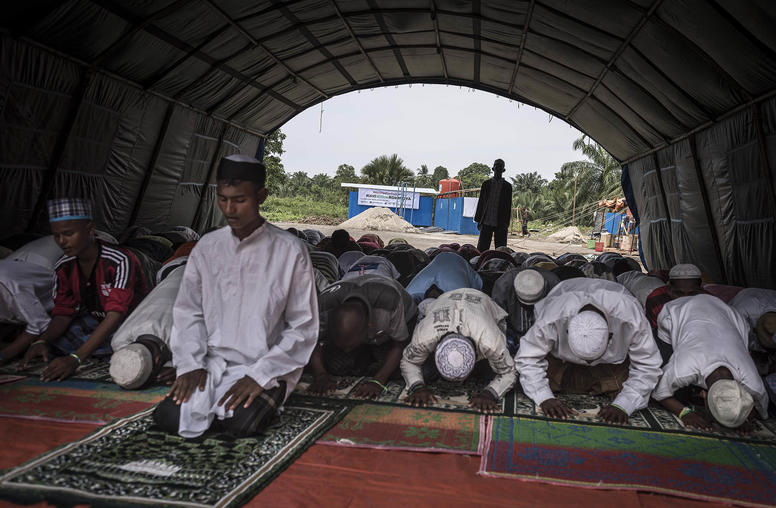
Common Ground on International Religious Freedom Enhances U.S. National Security
Religious freedom, like other human rights, is strongly correlated with political stability — and repression of religion or belief can serve as a major driver of conflict and violence. Around the world today, we see discrimination against or targeting of religious minorities associated with rising social tensions, intercommunal strife, violence and even mass atrocities. Muslims in India, Rohingya in Myanmar, Uyghurs in China, Yazidis in Iraq, and Christians in Pakistan: all are subject to forms of violence that have corollary effects on broader prospects for peace and stability in their respective contexts.
Year in Review: Religion, Conflict, and Peacebuilding
USIP Senior Program Officer Qamar-ul Huda looks at 2012 lessons learned in religion, conflict, and peacebuilding, including the Koran desecration incident in Afghanistan and the controversial “Innocence of Muslims” film.
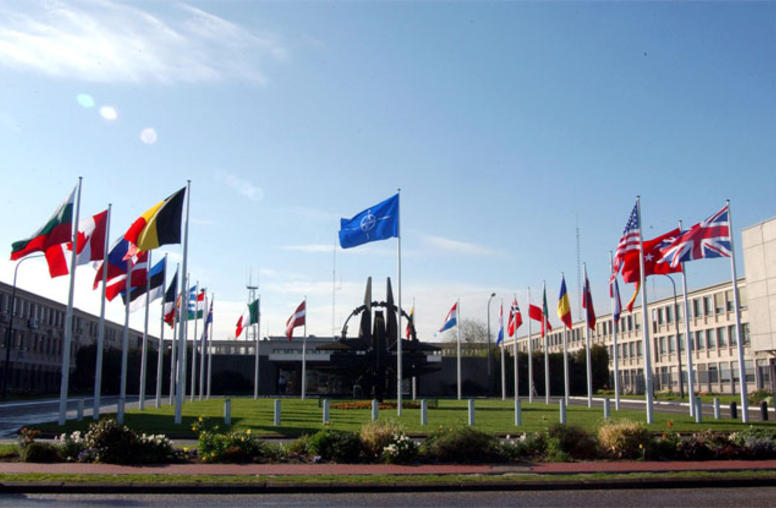
NATO Push on Women’s Roles Calls for Treading onto Delicate Turf: Islam
With Islam as a common underpinning for many of the societies in turmoil where NATO is likely to be involved in the foreseeable future, USIP expert Hamid Khan says the alliance needs to be better prepared to deal on those terms.
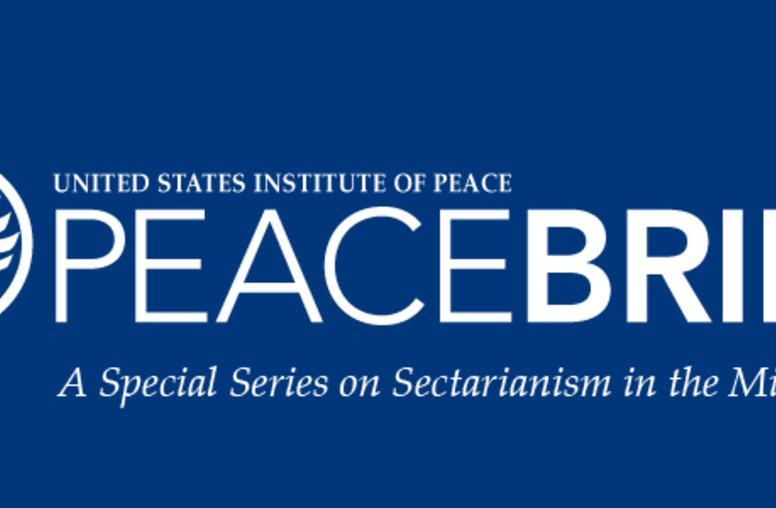
USIP Series on Sectarianism in the Middle East
Over the past decade, sectarian identities have become increasingly important as a source of inter-state and inter-communal tension, regional rivalries, and violent conflicts across the Middle East.
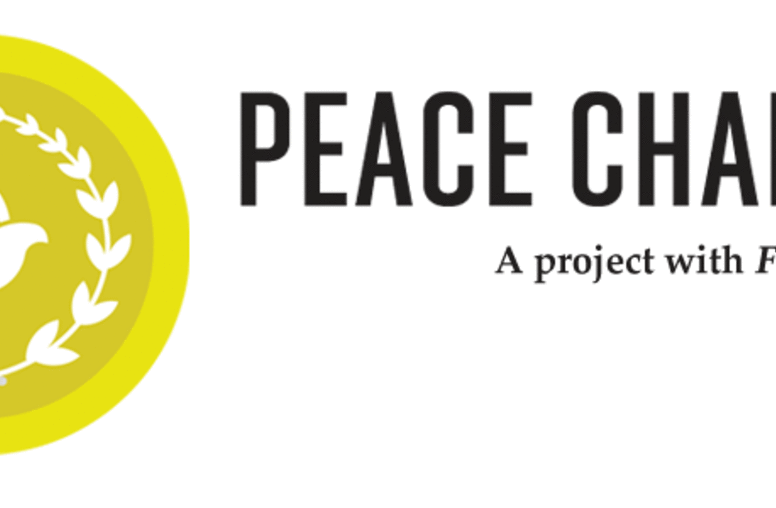
Peace Channel
In collaboration with Foreign Policy magazine, USIP presents the Peace Channel, an online portal for cutting-edge analysis and reporting on peacebuilding.
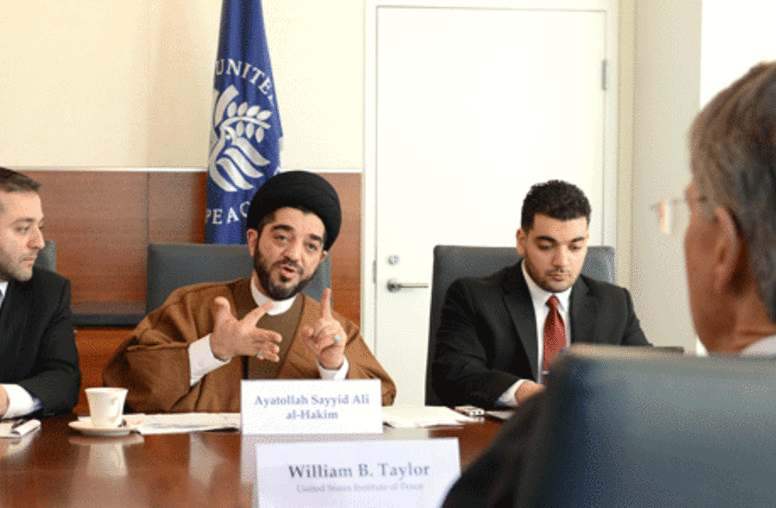
Iraqi Shiite Figure Advocates Civic, Not Religious State at USIP
An influential Iraqi Shiite scholar used a visit to the U.S. Institute of Peace (USIP) to argue that even amid the growing Shia-Sunni tensions and violence besetting his country, religious leaders there should support a civic rather than a sectarian conception of state affairs and politics.
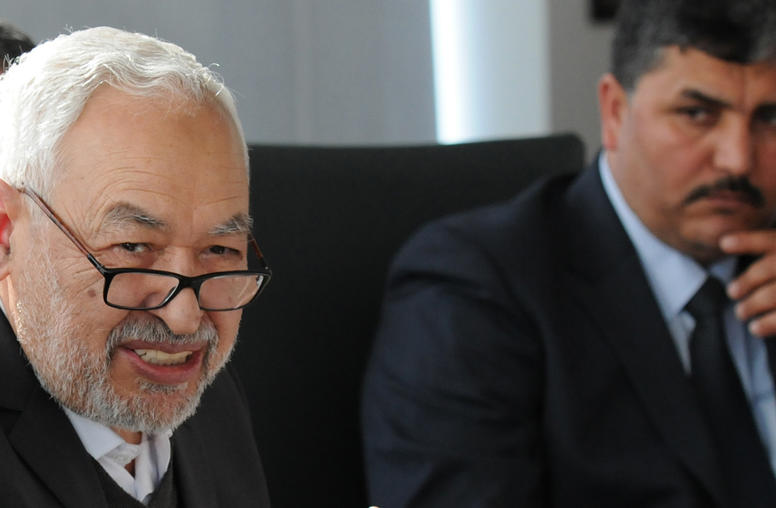
Tunisia’s Ghannouchi Points to Country’s Democratic Advances, New Constitution
Tunisia’s dominant Islamist movement, which voluntarily ceded political power to a caretaker government last month, is intent on demonstrating “co-existence” between Islamists and secularists and “the compatibility of Islam” with democracy, human rights and consensus politics, the movement’s leader said at an informal meeting with specialists at the U.S. Institute of Peace (USIP) on February 24.